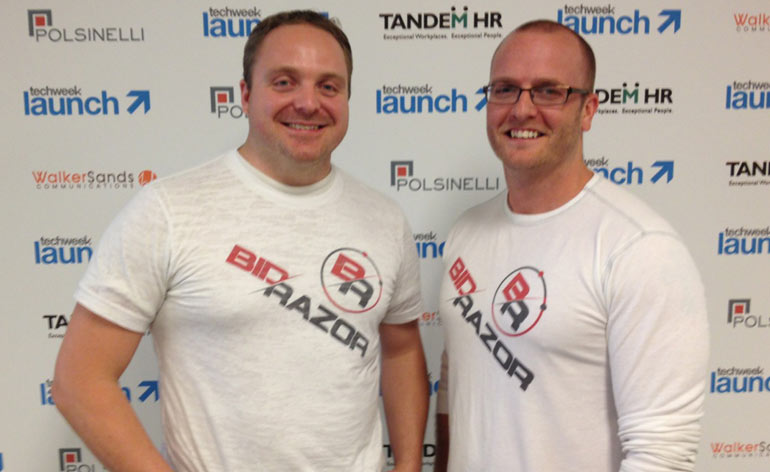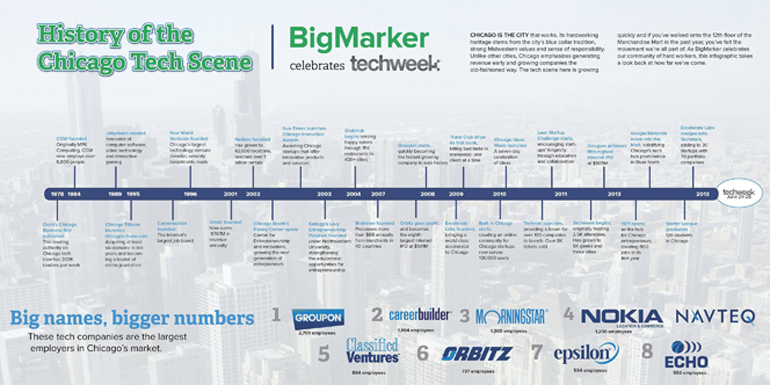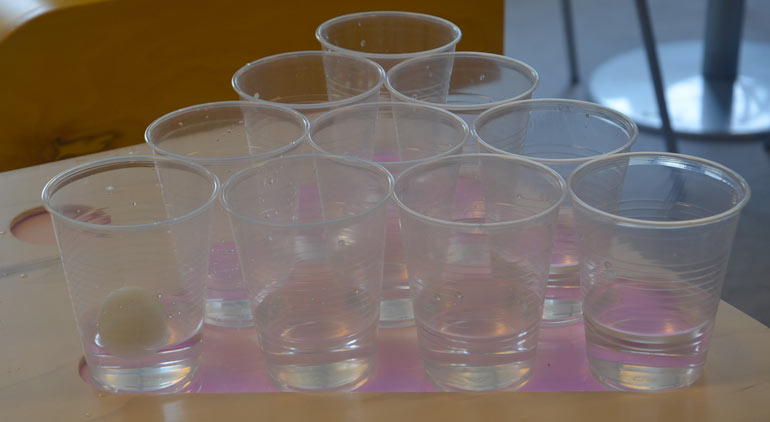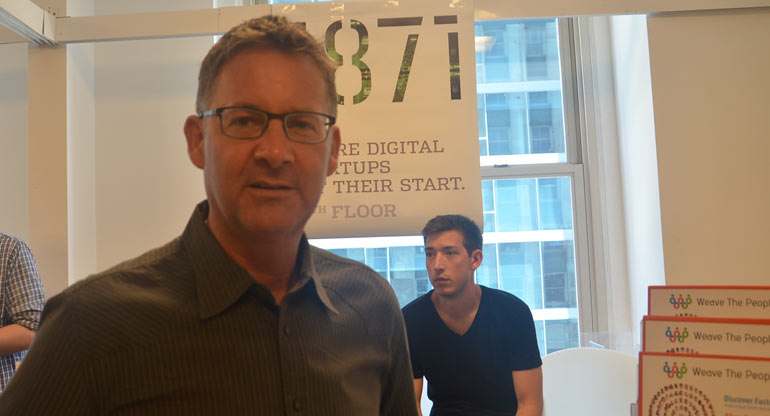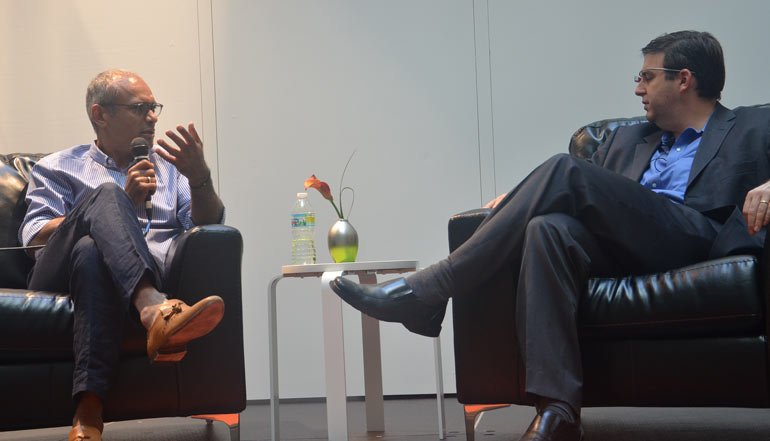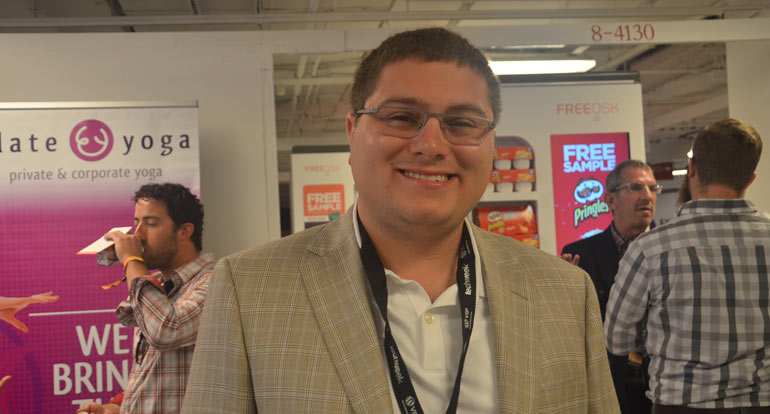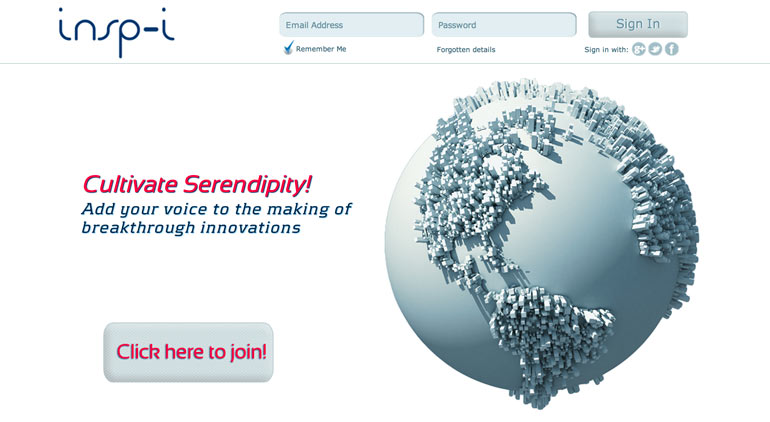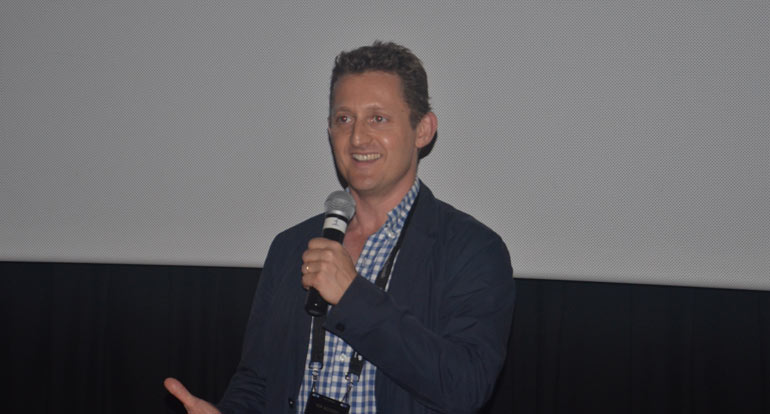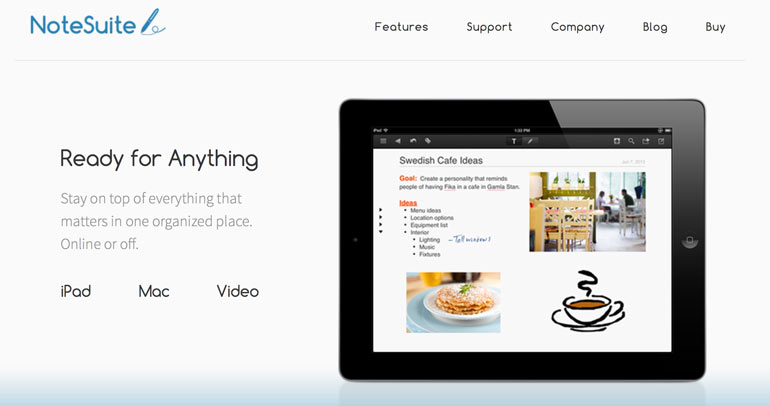
Ever since Prism and Edward Snowden became household words, people that resort to keeping their lives managed on their mobile devices have been worried about the security of their personal, professional, and most intimate notes. If their notes are living in the cloud, are they actually safe from prying eyes?
The other big problem with note taking apps and notebook apps today is that users are worried about being trapped in a proprietary ecosystem. What happens if the app they’re using shuts the service down, or they just don’t feel like paying anymore? Sure there are a ton of simple notebook apps that may work. There are also a ton of Microsoft Office solutions, but familiar names like Evernote mean you’re stuck in the Evernote ecosystem.
That’s why Peter Tamte, President of Theory,io is releasing NoteSuite for iPad. This new notebook app has all the syncing functionality of other cloud-based note taking apps, but the notes live device side. Also, equally as important, they can be quickly exported.
NoteSuite for iPad is also the only mobile app that allows users to take notes, manage to-dos, clip web pages, annotate almost anything, and read/search PDFs, MS Office files, and web clips together in one app. It makes it easier to stay organized while mobile. NoteSuite for Mac automatically syncs with NoteSuite for iPad and combines note-taking, to-do management, web clipping, and document organization.
Different from most note-taking apps, NoteSuite does not require a subscription. NoteSuite stores users’ data safely on their iPad or computer, employing popular cloud services for syncing and backup rather than primary storage. This ensures users’ never pay extra to access notes offline, data will not vanish if their web service gets cancelled, access to notes will not be jeopardized by security concerns or lost Internet connections, and users’ data can never get held hostage for higher fees in the future.
NoteSuite is a sequel to Theory.io’s Projectbook, which launched in August 2012 as the #1 best-selling paid iPad productivity app. NoteSuite is an original app, with more than 100 new features and changes and is available as a free upgrade for Projectbook users.
“Web services are ideal for syncing, backup, and collaboration. But, our notes hold our most important ideas and information,” Tamte said in a statement. “Our research shows that 62% of notes app users are worried about trapping their data inside a proprietary, subscription-based system. NoteSuite lets users stay on top of everything that matters in one organized place and never lose control of their data.”

Here are just some of NoteSuite for iPad’s features:
– Capture Anything: Type, make lists, take photos, record audio, and capture to-dos collectively within notes pages. The iPad version also lets users draw and handwrite directly on notes pages.
– Clip Web Pages: Save clutter-free, fully searchable articles, shopping pages, recipes, and PDFs directly from the web into the app to enjoy anytime, anywhere – even offline.
– Manage To-dos: Track due dates and start dates, set reminders, and match to-dos and projects with relevant notes and documents using comprehensive to-do management features.
– Annotate PDFs: Markup, highlight, sign, fill out forms, type, draw freehand, write, and more on iPad using the PDF capabilities.
– Annotate Anything: Convert MS Office and Apple iWork documents to PDF on iPad, draw or type directly on photos, and convert PowerPoint slides into notes pages for note taking during meetings and lectures.
– Read and Search Documents: Read and search Word docs, PowerPoint files, PDFs, notes, web clips, and to-dos.
– Find Things That Aren’t Organized: Find notes, Word docs, PDFs, and PowerPoint files even if they haven’t been tagged or filed in folders, and without having to remember keywords.
– Sync Across Devices: Tapping one button allows users to sync their data automatically via iCloud from that point forward, without creating a new account or remembering more passwords.
Normally priced at $4.99, NoteSuite for iPad is available at a special introductory price of $1.99 through July 15, 2013 and is a free upgrade for Projectbook users. NoteSuite for iPad is available on the App Store here.
Normally priced at $9.99, NoteSuite for Mac is available at a special introductory price of $4.99 through July 15, 2013. NoteSuite for Mac is available on the Mac App Store here.








